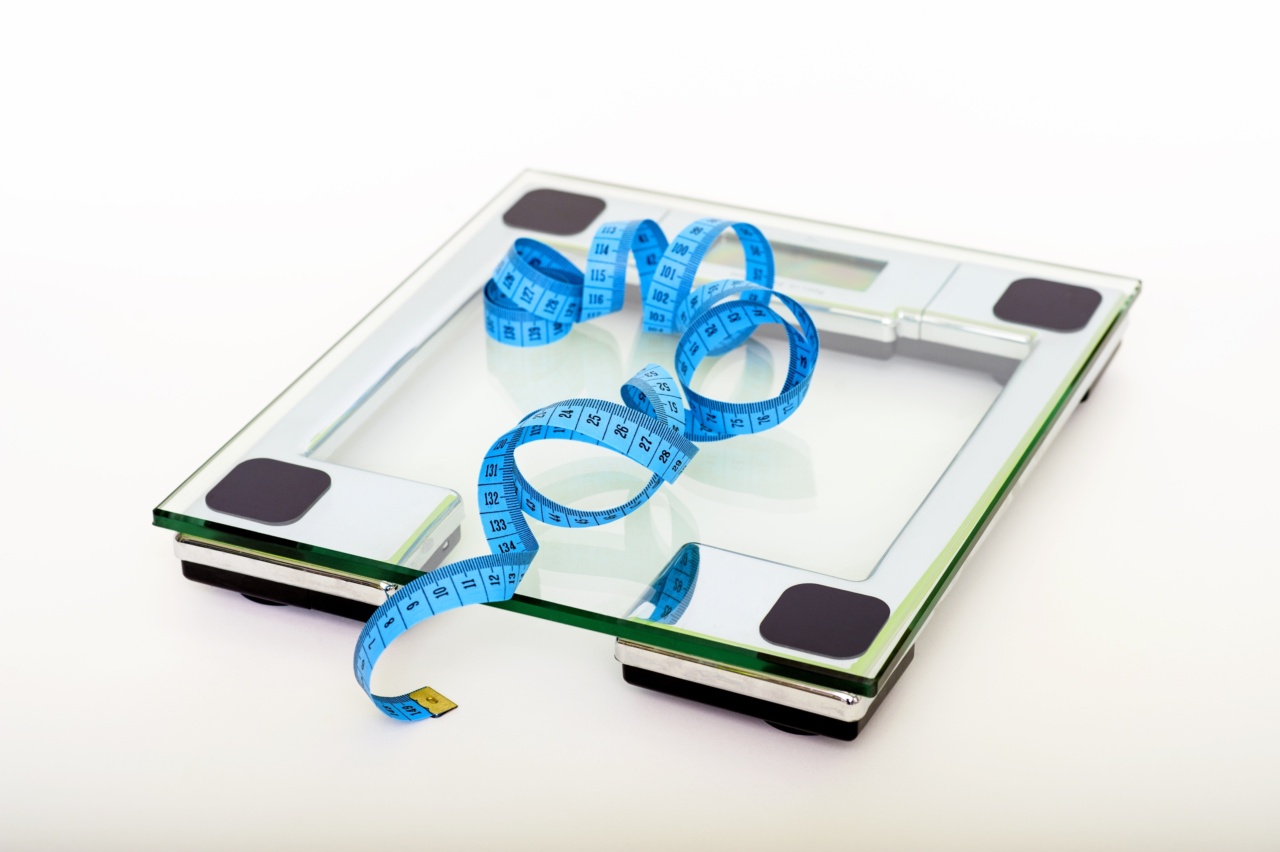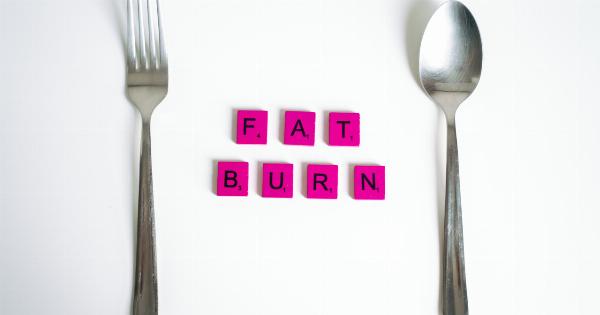Accurately measuring our weight is an essential part of maintaining good health. It gives us an idea of our overall health status, provides a way to monitor progress in our weight management journey, and helps us identify any potential health problems.
However, many of us struggle to measure our weight accurately. In this article, we’ll share some tips and tricks to help you measure your weight accurately.
Use a reliable scale
The first step in measuring your weight accurately is to use a reliable scale. The best way to do this is to purchase a high-quality digital scale that is accurate to within 0.2 pounds (0.1 kg).
It’s also important to calibrate your scale regularly to ensure its accuracy.
Take your time
Rushing to weigh yourself can also lead to inaccurate readings. It’s important to take your time when measuring your weight. Stand on the scale with both feet and keep them flat on the ground. Hold your head up and look straight ahead.
Make sure your weight is evenly distributed over both feet, and try not to lean on anything for support.
Weigh yourself at the same time every day
Your weight can fluctuate throughout the day, so it’s important to weigh yourself at the same time every day.
The best time is usually first thing in the morning, after you’ve used the bathroom and before you’ve eaten or drunk anything. This will give you a consistent and accurate reading of your weight.
Wear the same clothing
When measuring your weight, it’s important to wear the same clothing every time. Clothing can add weight, so wearing the same outfit every time you weigh yourself will help you get a consistent reading.
Similarly, it’s a good idea to weigh yourself in your underwear to minimize any clothing-related variations in your weight.
Don’t freak out over fluctuations
It’s normal for your weight to fluctuate slightly from day to day. Factors such as fluid retention, menstrual cycle, and even time of day can cause these fluctuations.
Don’t get too hung up on small changes in your weight – focus instead on the overall trend over time. Weigh yourself regularly but don’t obsess over daily fluctuations.
Measure your weight accurately for weight loss goals
If you’re trying to lose weight, it’s important to measure your weight accurately to track your progress. However, remember that weight is just a number.
It’s also important to look at other measures of progress, such as body fat percentage and waist circumference.
Consult a professional
If you’re having trouble measuring your weight accurately, it may be a good idea to consult a doctor or healthcare professional.
They can help you identify any factors that may be affecting your weight and recommend strategies to help you get a more accurate reading.
Conclusion
Measuring your weight accurately is an important part of maintaining good health. By following the tips and tricks outlined above, you can ensure that you get a consistent and accurate reading of your weight.
Remember, though, that weight is just one measure of health and that small fluctuations are normal. If you have concerns about your weight or overall health, consult a healthcare professional.


























